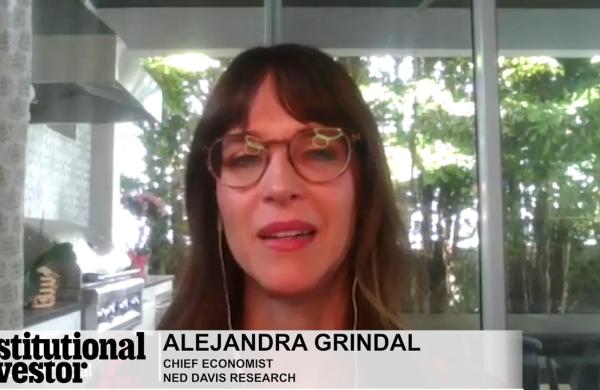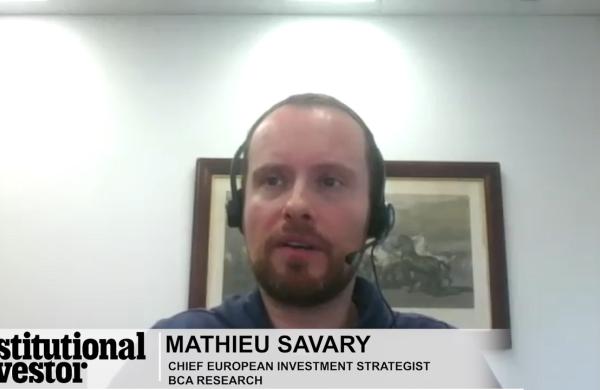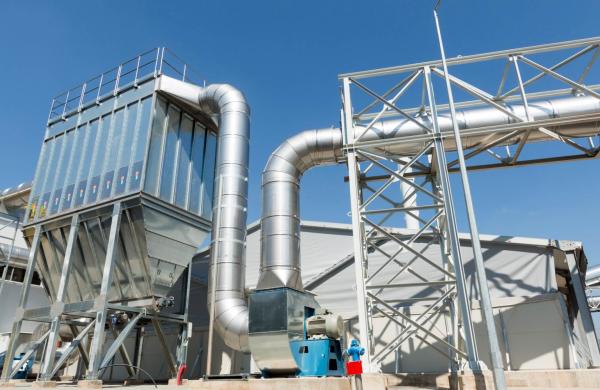A bond salesman for about four years at First Boston in Tokyo, Davis, 47, resented Japan's confiscatory income taxes and was unsure about what would happen following the firm's 1989 merger with Credit Suisse. So he decided to move on. "The only two countries that had capital markets that were remotely open were Indonesia and Thailand, and I had more friends in Thailand." As fate would have it, Davis arrived in Bangkok just as Japan was entering its lost decade of economic stagnation.
After two years at Chase Manhattan, Davis joined with a former colleague, Vorasit Pokachaiyapat, to set up Finansa, a fund management business that also did some investment banking. Using leverage, Finansa's closed-end Southeast Asia Frontier Fund, with about $5 million in assets, made a killing in the early 1990s, borrowing U.S. dollars to buy Thai baht while hedging itself against the nondollar parts of the Bank of Thailand's currency basket. Davis and his partner also bought part of a Vietnamese gold mine, which they later sold at a handsome multiple to Indochina Goldfields.
But high real interest rates, troubled financial and property companies and a volatile currency persuaded Davis in 1996 to put his firm's three funds (in addition to Southeast Frontier, Finansa ran a Vietnamese and a Thai fund) on hiatus and give up his baht speculations. Another smart move. Finansa came through the 1997'98 Asian financial crisis -- which sliced 90 percent off the value of the local market -- with money to spend.
Davis used it to make big bets in the shares of two local media groups and a surviving finance company, which all have surged. As a result, Finansa's Thai vehicle, Siam Investment Fund, has consistently ranked as the best-performing fund in the region for the past few years.
Will Davis, a voracious reader of U.S. history, return to his homeland once he tires of the investment game? "I wouldn't go to the States -- I can think of much nicer places." Most of them are in Asia.




